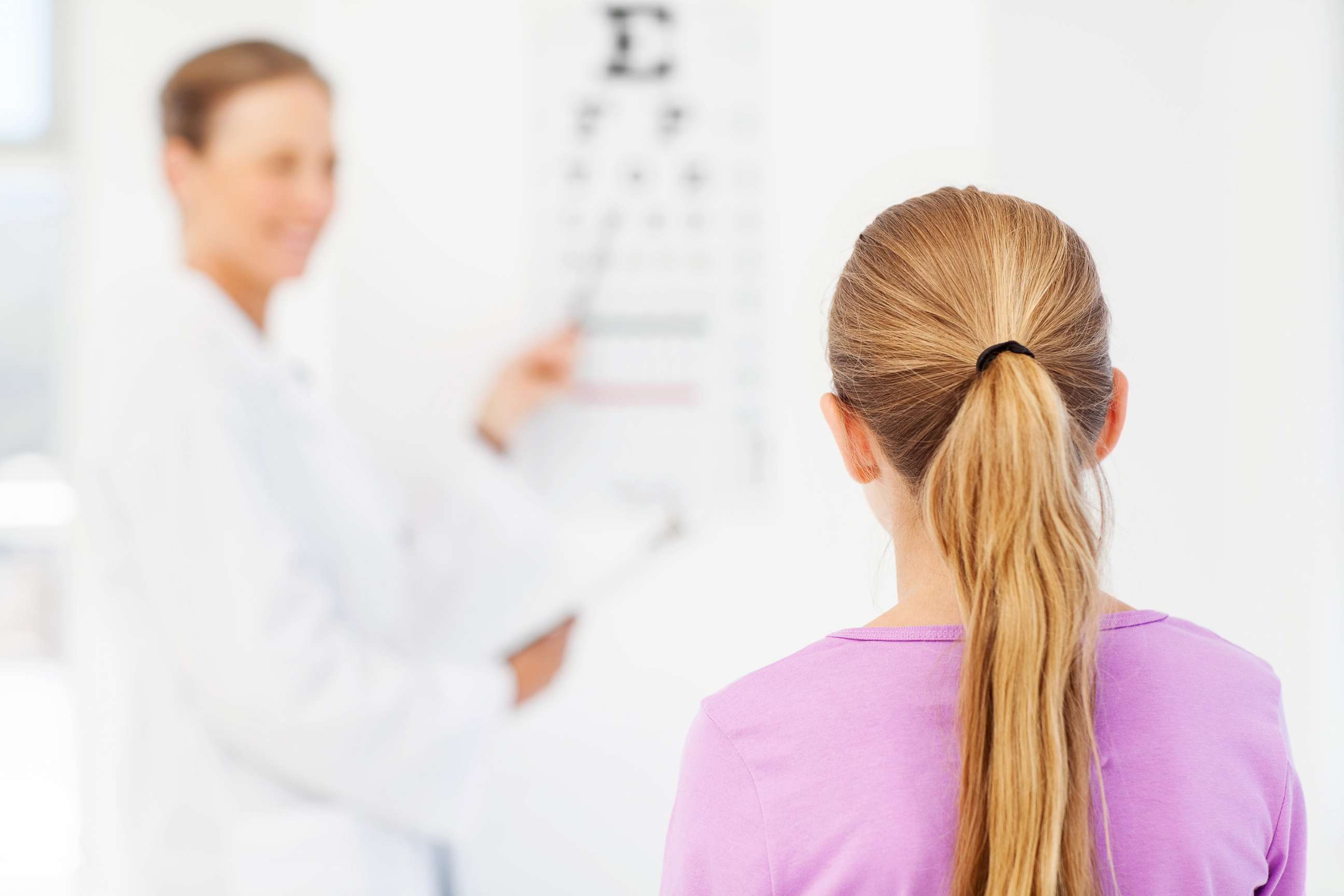What to know about vision tests via smartphones
The AOA said "'virtual' care is no substitute for actual health care."
The future looks 20/20 for a new partnership between one tech firm and an e-commerce brand with a new vision -- but what does it look like for customers?
One company says they could potentially have a new at-home eye exam solution for people who wear or need glasses and contacts.
The Israel-based company, 6over6, claims that it has developed a software that "delivers all the essential optometry tools" through the use of a smartphone or computer.

Although the 6over6 software is still in the process of clinical trials and awaiting approvals in the U.S., one company has already jumped on board.
1-800 Contacts announced Tuesday to Business Insider that it has entered an agreement to acquire the software within the next year.
"The regulatory timelines are not incredibly precise, but we're hopeful it will be on the market in the next year or two," 1-800 Contacts CEO John Graham told Business Insider.
"In-office eye exams tend to cost about $150 and take a few hours away from work," Graham explained. "We can do it more affordably using a smartphone or a computer in 10 or 15 minutes," he predicted.
The technology boasts the ability for users to get prescriptions for both eyeglasses or contacts "without a visit to an eye doctor."
"By manipulating the optical and perceptual phenomena, GlassesOn Eyes gives you a full measurement of the refractive error of the eye for farsighted or nearsighted individuals, including astigmatism and pupillary distance," 6over6 explained on its website.
While the American Academy of Ophthalmology is "generally supportive" of the new technology, they note that home vision tests "do not test for eye diseases and should not be considered an alternative to receiving a complete medical eye examination by an ophthalmologist."
"The Academy is generally supportive of the use of new technologies as a tool for widening access to eye care services and discovering issues that require professional attention," a spokesperson for the Academy told ABC News.
The Academy further explained that online refractive tests are not right for everyone.
"Only people ages 18-39 years with non-severe corrective prescriptions and no symptoms of eye disease should consider these online services. Additionally, an ophthalmologist or optometrist approval of all eyewear prescriptions should be required," they said.
The major takeaway to note, according to the AAO, is that home vision tests "do not test for eye diseases and should not be considered an alternative to receiving a complete medical eye examination by an ophthalmologist."


